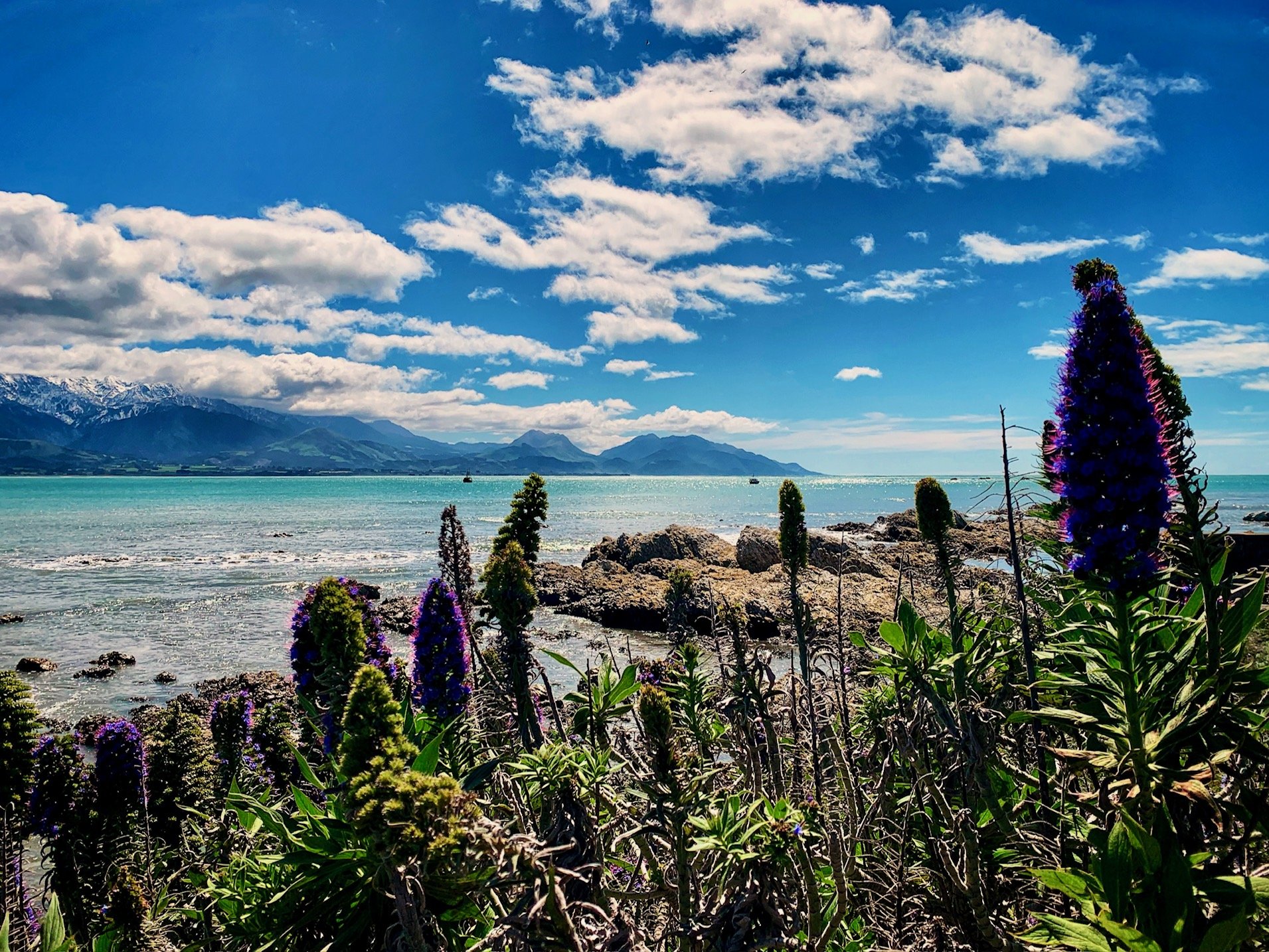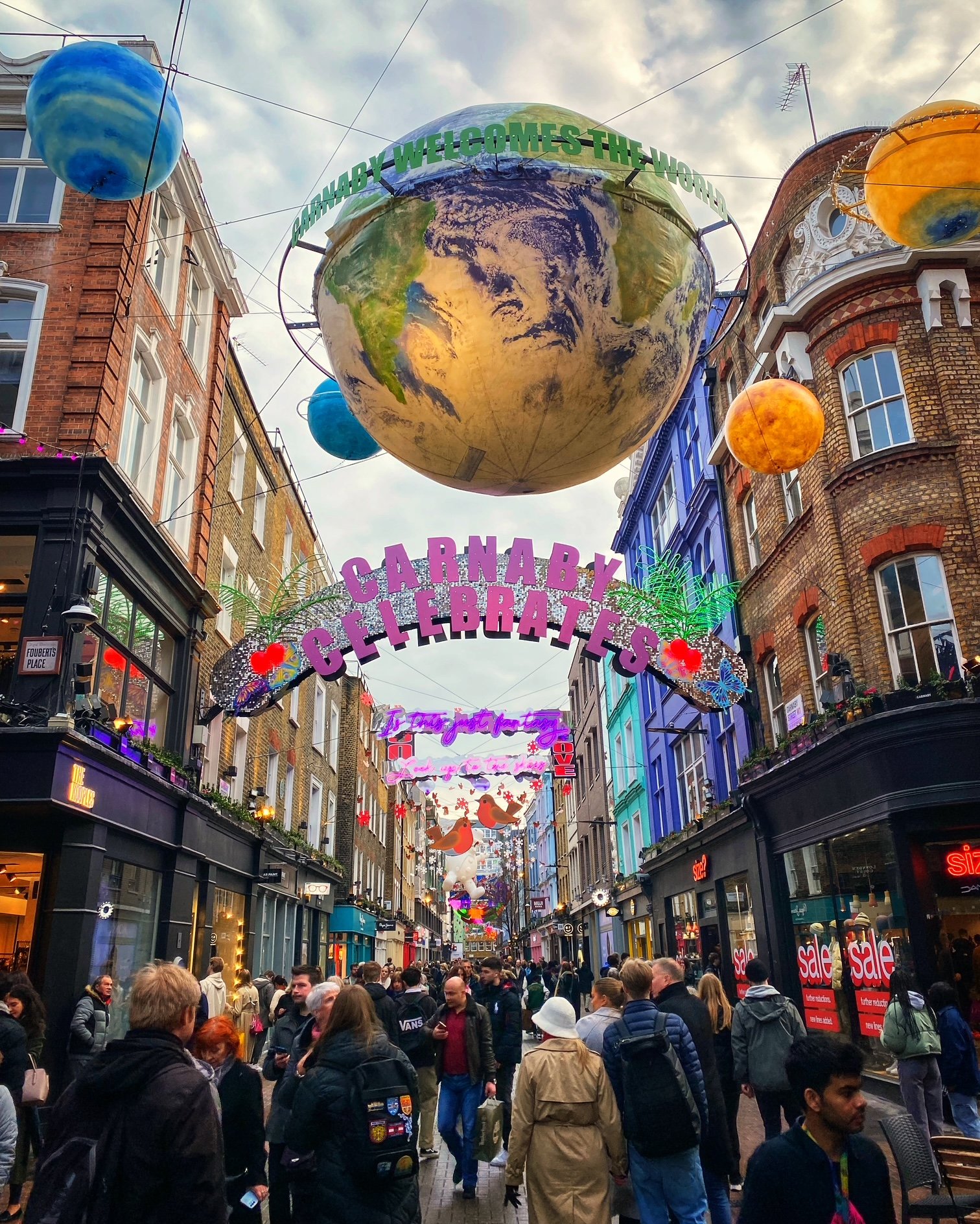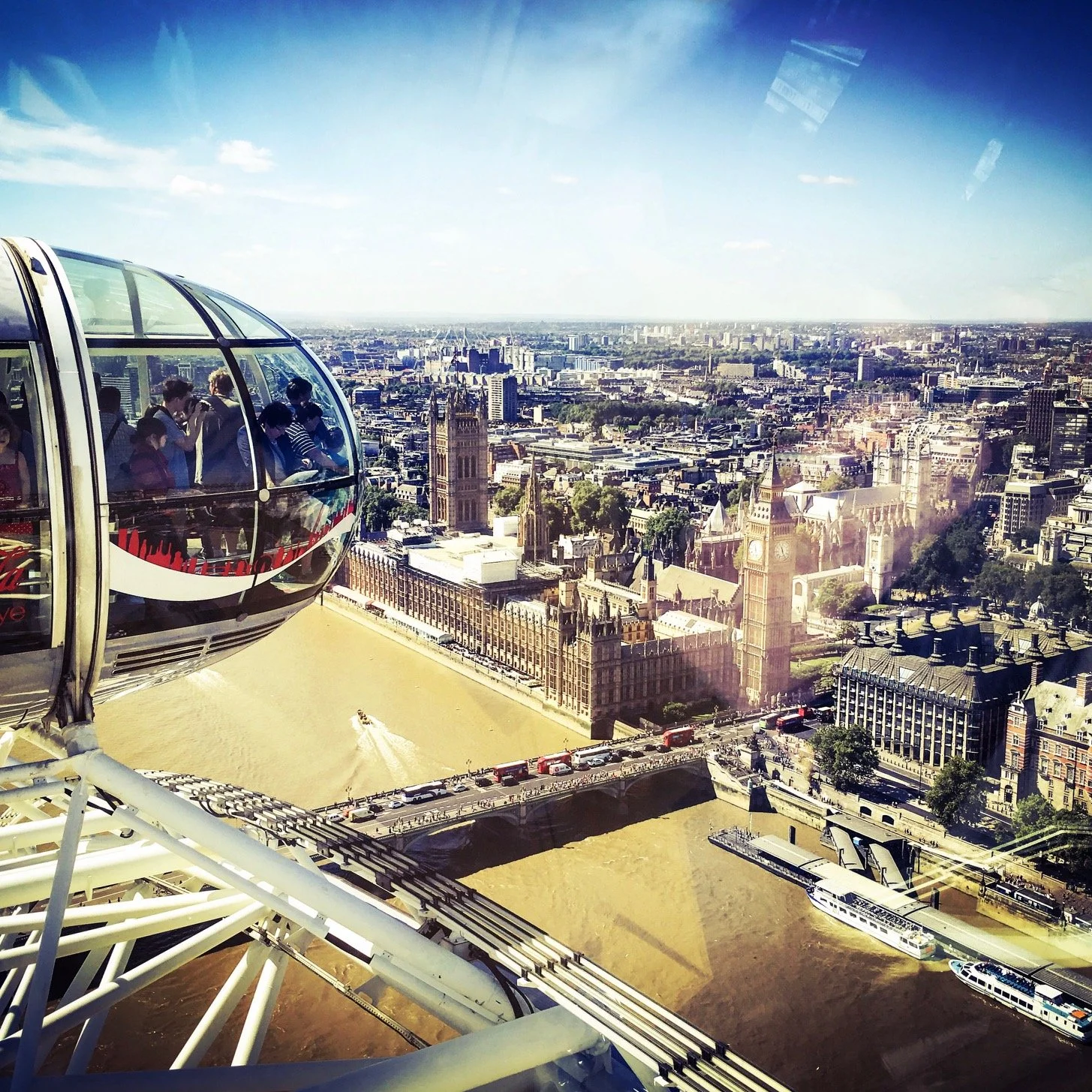Reflections on migration, identity, and the meaning of place
Kaikoura and the Southern Alps ©emmasherab
Between Two Places
What happens when you build a life across two continents? When home becomes a shifting idea rather than a single location? In this piece, I reflect on the quiet complexities of living between New Zealand and the UK – the pull of the familiar, the pace of the new, and the liminal space in between
I was born and raised in New Zealand, shaped by its landscapes, people, and pace of life. These days, I live in the UK. I’ve been here a long time, long enough to have built a life that feels familiar, to have friends who know me well, and to have woven myself into the fabric of a different culture. And yet, I still live between two places. I am not quite rooted in either, not fully at home in one or the other.
There are certain things that New Zealand will always hold dear: family, old friends, the native bush, and the wild sea, as well as the kind of quiet that sits just beneath the surface of everyday life. I miss the space and the ease of connection with people who’ve known me since I was small. A kind of shorthand develops with those people, no backstory required. I miss that more than I often admit.
But the UK has given me other things. Challenge. Variety. A new family. It’s a place where conversations can take unexpected turns. Where things are constantly shifting. I’ve found opportunities here and a different kind of community. And over time, I’ve built a version of home that works for me. Most of the time, at least.
Carnaby Street, London ©emmasherab
Still, an odd kind of loneliness comes from having your life stretched across two hemispheres. Wherever I am, something’s missing. In New Zealand, I feel a version of myself return, one tied to who I used to be. In the UK, I’m sharper, more outward-looking. More restless, maybe. I’ve had to grow into both versions.
I know I’m not alone in this. The number of New Zealanders leaving home for good has increased sharply in recent years, driven by housing pressures, economic constraints, and the allure of opportunity. For some, it’s temporary. For others, like me, it becomes long-term, even permanent. But permanence doesn’t always mean ease. The ache of distance doesn’t disappear. It just becomes part of the background.
An amalgamation of my two lives - My UK family sitting on a West Coast Beach, NZ. ©emmasherab
Living between two places reshapes your idea of identity. You stop thinking in absolutes. I don’t feel entirely British, even after 25 years of living here, but I also don’t feel fully Kiwi anymore, not in the day-to-day sense, not in the way you need to be to feel truly anchored to a place. I’ve found that identity becomes more about movement than about fixed labels. It’s shaped by where you are, who you’re with, what you’ve carried with you, and what you’ve let go of. As my best friend Lisa once said, the grass is greenest where you water it.
There are benefits, of course. You learn to adapt quickly. You become more open, more observant, more resilient. You figure things out without a map. You know how to be the outsider, and then, eventually, how to belong in a way that’s less about fitting in and more about making space for yourself. That mindset, once developed, doesn’t really go away. It becomes part of how you move through the world.
Westminster Palace, Big Ben and the River Thames seen from the London Eye. ©emmasherab
Sometimes I think about moving back. I imagine being closer to my friends and family, being able to pop over for dinner, and being present for the small things that make up a life. But then I think about what I’d lose. The energy, the access to culture and history, the friendships and the new kind of family I’ve built here. It’s not an easy equation. I don’t think it ever will be.
What I’ve come to accept is that living between two places means living with a kind of constant negotiation. There’s no final answer, no “right” place to be. There’s just movement, return, departure, and the slow work of staying connected - across time zones, across lives that have continued in your absence. It’s a strange kind of privilege to belong in two places. But it’s also a quiet grief, knowing you’ll never fully be in either.
These days, I try to hold both with equal care. I let the homesickness come and go. I keep a suitcase that’s always half-ready. I talk to friends across continents and keep the calendar open for future visits. I’ve stopped trying to resolve the tension. This is my life now, a life between two places, both of which I love, and neither of which I’m quite ready to give up.



